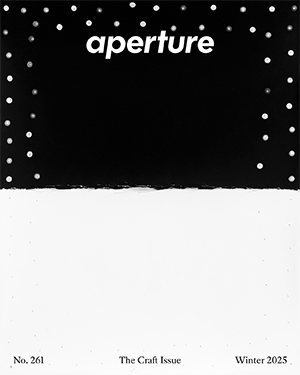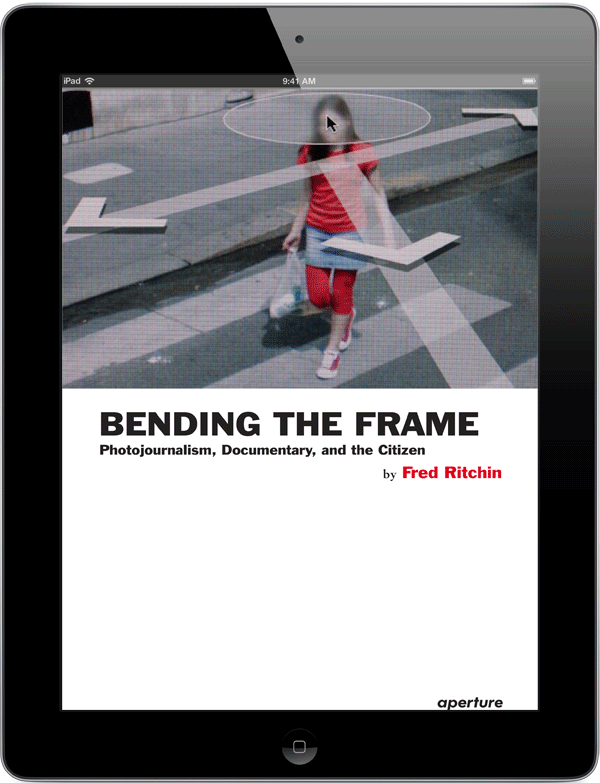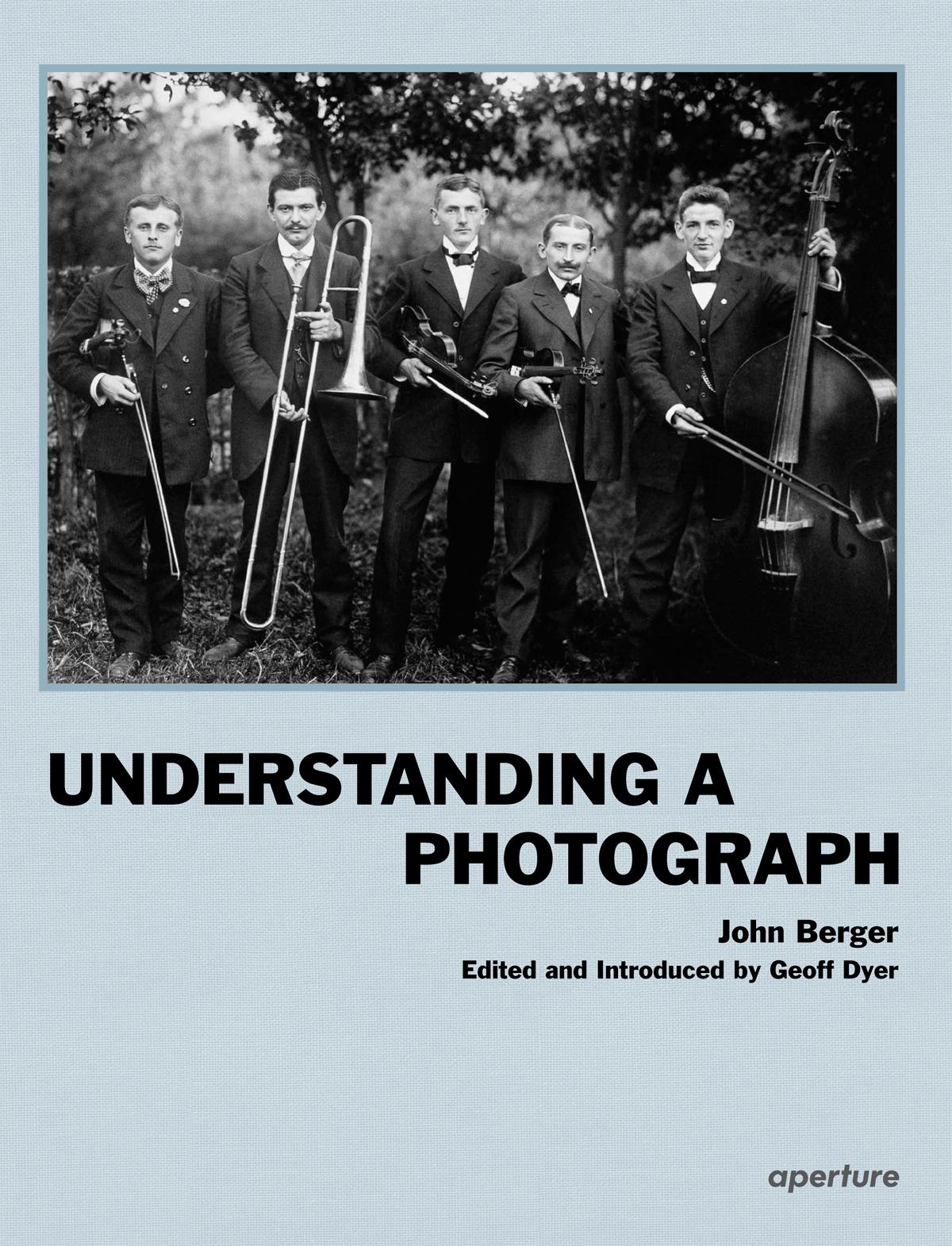Fred Ritchin: Bending the Frame
Photojournalism, Documentary, and the Citizen
$24.95
In stock
An examination of the complex relations between social justice and photojournalism in today's oversaturated political and media climates.
Format: Paperback / softback
Number of pages: 175
Number of images: 46
Publication date: 2013-06-30
Measurements: 6.05 x 8.43 x 0.52 inches
ISBN: 9781597111201
“Bending the Frame is a vigorous wake-up call to photojournalists to innovate or die.” —Jeremy Lybarger, Mother Jones
“This is a new photography for a new world, one that aims to help us all become something better than we have been by using the tools at almost everyone’s disposal.” —Omar Willey, Seattle Star
“Does photojournalism matter? By Ritchin’s account, its role has shifted but not shrunk in our media-saturated world.” —Jack Crager, American Photo
“This volume takes readers through the looking glass and down the rabbit hole into the surrealistic world of photojournalism and its history, uses, effects, and possibly its future.” —L.L. Scarth, Choice
“If you want a book that will make you think, this one’s for you. And if I were creating a reading list for a photography enthusiast, this engaging and challenging book would be at the top.” —Jenny Montgomery, Exposure
Fred Ritchin is dean emeritus of the International Center of Photography (ICP) School, New York. Previously, he was professor of Photography & Imaging at New York University’s Tisch School of the Arts, where he also codirected the Photography and Human Rights Program. Among his books are In Our Own Image: The Coming Revolution in Photography (Aperture, 1990, 1999, 2010) and After Photography (2008), which has been translated into six languages, and The Synthetic Eye: Photography Transformed in the Age of AI (2025). In 1999 Ritchin cofounded and directed PixelPress, working with humanitarian groups to develop media projects and also experimenting with new forms of narrative online. Previously, he was editor of the 1996 website Bosnia: Uncertain Paths to Peace, nominated by the New York Times for a Pulitzer Prize in public service, and in 1994–95 he led a research project for the Times to create the first multimedia version of their daily newspaper. Ritchin has served as the picture editor of the New York Times Magazine, executive editor of Camera Arts, and founding director of the Photojournalism and Documentary Photography educational program at the International Center of Photography, New York. More recently, he cofounded the Writing with Light campaign for photographic integrity in the age of AI, and has curated numerous exhibitions and written for publications worldwide.

















